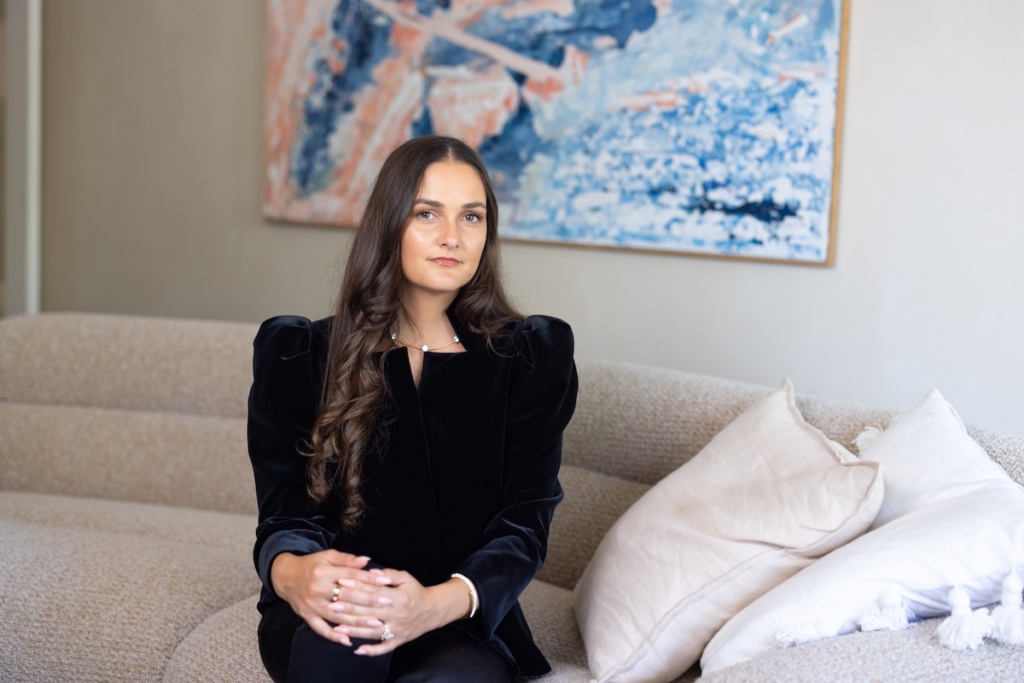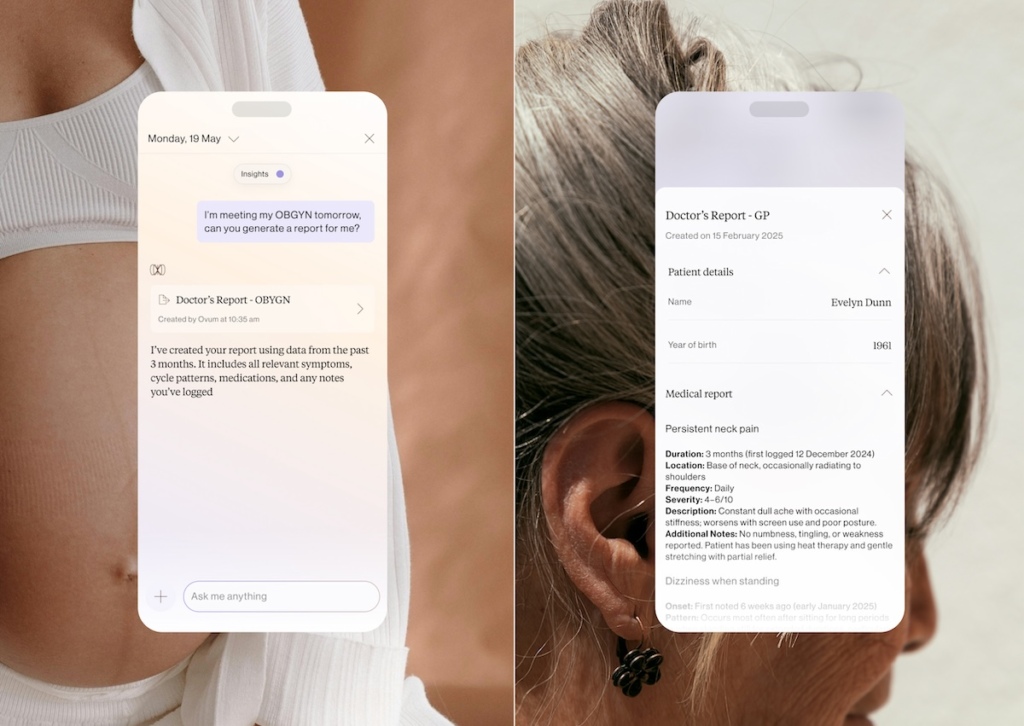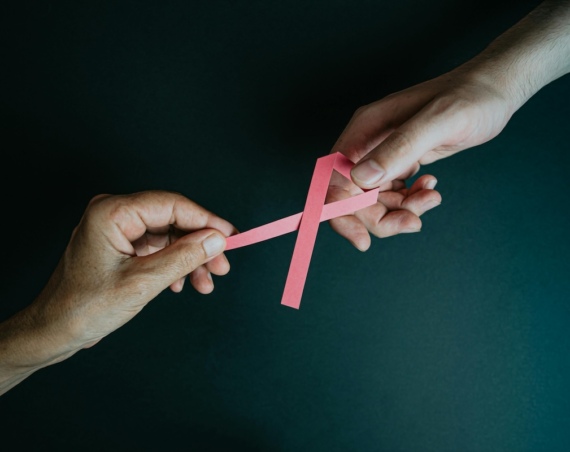
Australia-based Ovum has launched an AI-powered women’s health platform after raising $1.7 million in funding. The company was founded by Dr. Ariella Heffernan-Marks and co-created with venture partner Nakatomi, with backing from Giant Leap, Antler, Alice Anderson Fund, and Wollemi Capital Group.
The Ovum app uses an AI engine called the Ovum Brain to help women track symptoms and lifestyle changes while providing personalized health insights based on their health history and goals. The platform integrates reports and generates health summaries for women to take to medical appointments.
The launch addresses significant diagnostic delays in women’s healthcare, with conditions like endometriosis taking an average of six to eight years to diagnose. More than half of Australian women suffer from chronic health conditions and often face dismissal or misdiagnosis from healthcare providers.
“It takes an average of six to eight years for women to be diagnosed with endometriosis. This happens because too often the medical system dismisses women,” said Dr. Heffernan-Marks, who holds a Doctor of Medicine from Macquarie University and is pursuing a PhD in femtech and AI.

Ovum has been in development for nearly four years and includes data and insights from clinical trials conducted at The Royal Hospital for Women and St George Hospital. The company tested the app in beta stage to understand women’s healthcare experiences and how AI can increase preventative health behaviors.
The platform draws from female-centric medical literature to identify health patterns over time and provide timely reminders when medical attention may be needed. Ovum aims to address the gender health gap by empowering women with data to advocate for their health.
“This is just the beginning. Our mission is to ensure every woman has access to the personalized insights she needs to make confident decisions about her health, no matter her age, location, or background,” Dr. Heffernan-Marks said.
The app offers a free trial and allows women to optionally share data to help generate what the company describes as the ‘world’s largest longitudinal women’s health dataset’. This data collection aims to address gaps in women’s health research and improve future healthcare outcomes.



